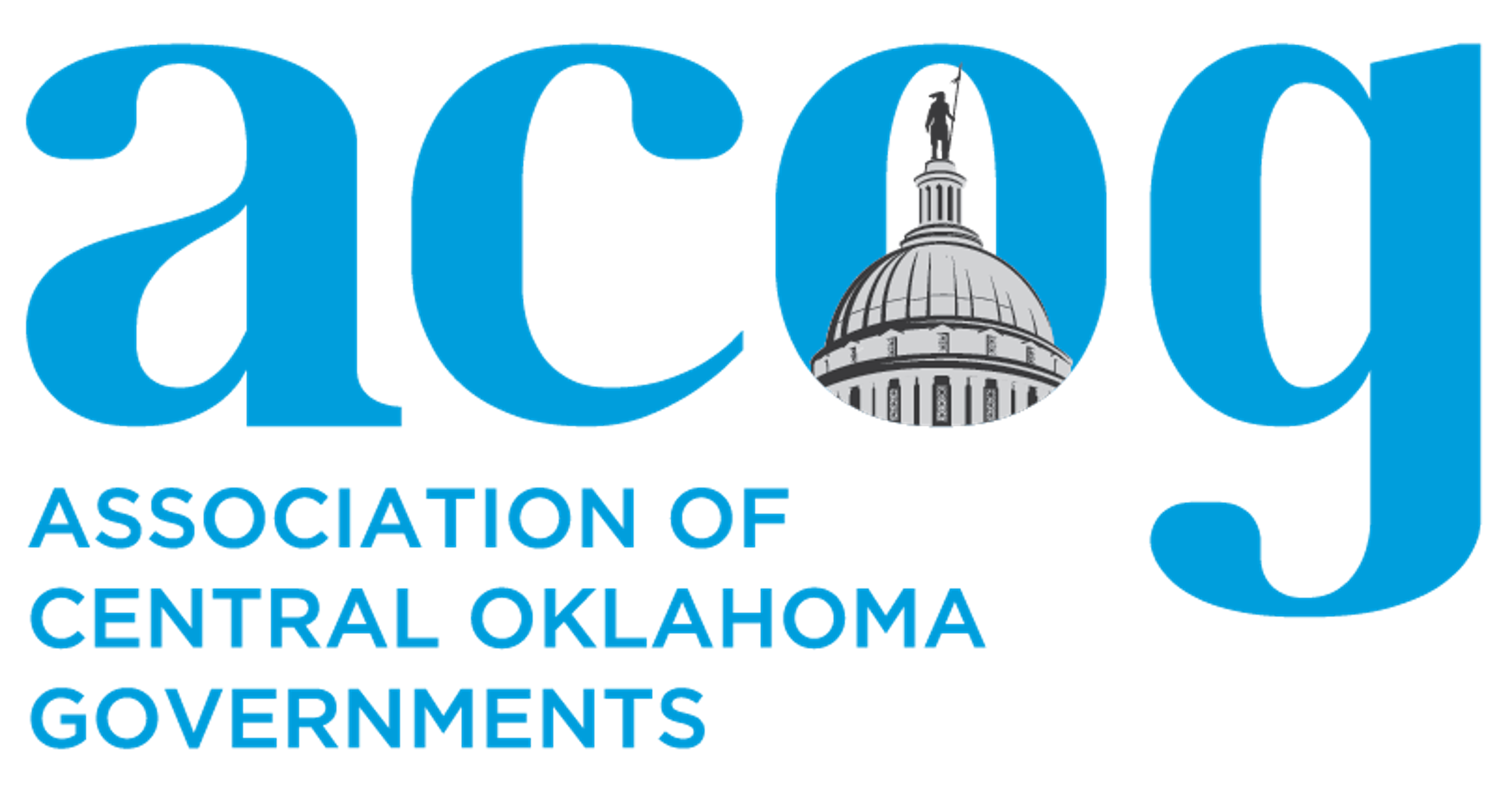Oklahoma Propane News
Central Oklahoma Clean Cities Played A Role
Oklahoma’s use of propane in fleet vehicles around the state resulted in a U.S. Department of Energy (DOE) award.
The findings were reported by the Central Oklahoma Clean Cities Coalition and the Tulsa Area Clean Cities Coalition as part of their annual reports to the U.S. Department of Energy (DOE).
Every year, each Clean Cities coalition submits to DOE an annual report of its activities and accomplishments. Data includes sales of alternative fuels, deployment of alternative fuel vehicles and hybrid electric vehicles, idle-reduction initiatives, fuel economy activities, and programs to reduce vehicle miles traveled. DOE analyzes and verifies data provided by the coalitions.
“Propane is a domestically produced, well-established fuel,” said Eric Pollard, Central Oklahoma Clean Cities Coordinator. “Using propane as a vehicle fuel provides convenience and performance benefits for Oklahoma fleets, and protects public health and the environment.”
In 2015, nearly one million gallons of propane autogas of fuel use in Oklahoma resulted in the reduction of over three hundred tons of greenhouse gas emissions as well as a substantial reduction in vehicle emissions that contribute to ground-level ozone.
“We applaud companies like UPS and Schwan’s Home Service for contributing to our nation’s energy security by fueling with propane,” said Richard Hess, Executive Director of the Oklahoma Propane Gas Association. “Fleets and consumers have economical, safe, and reliable choices when it comes to light, medium, and heavy-duty propane vehicles.”
The vast majority of propane consumed in the United States is produced in the U.S. and is distributed via an established infrastructure. Propane fueling stations can be installed and maintained at low cost to fleets.
About Clean Cities
About Clean Cities The U.S. Department of Energy’s (DOE) Clean Cities program advances the nation’s economic, environmental, and energy security by supporting local actions to reduce petroleum use in transportation. A national network of nearly 100 Clean Cities coalitions brings together stakeholders in the public and private sectors to deploy alternative and renewable fuels, idle-reduction measures, fuel economy improvements, and new transportation technologies, as they emerge.
The Central Oklahoma Clean Cities program is sponsored by the Association of Central Oklahoma Governments (ACOG). The Tulsa Area Clean Cities Coalition program is sponsored by the Indian Nations Council of Governments (INCOG). Both are supported by a diverse group of stakeholders from the public and private sectors.
About Oklahoma Propane Gas Association (OPGA)
The objectives of the Oklahoma Propane Gas Association (OPGA) are to promote and develop the propane gas industry and to coordinate its activities to the end that it may serve to the fullest possible extent the best interests of the public. This includes to increase the effectiveness of gas service for light, heat, and power; to advance the methods of manufacture, distribution, utilization, sales, and accounting used in the industry; to advance knowledge and learning regarding the propane gas industry and the uses of propane gas; and to cooperate with other organizations to encourage economic advancement, safety, conservation and standardization.

